We caught up with the brilliant and insightful Thomas Helton a few weeks ago and have shared our conversation below.
Thomas, thanks for joining us, excited to have you contributing your stories and insights. We’d love to hear about a project that you’ve worked on that’s meant a lot to you.
I have a number of projects and they are all meaningful. I think The Core Trio was pretty meaningful. The Core Trio started after another group I was in disbanded. I put together a three piece band with Richard Cholakian on drums, Seth Paynter on sax and myself on bass around 2009. I had been playing “free improv” for awhile at that point and although I was enjoying exploring this genre, I wanted to do it differently. Or at least differently than I had experienced. So we began improvising in a more “structured” format. Giving each other space and support.
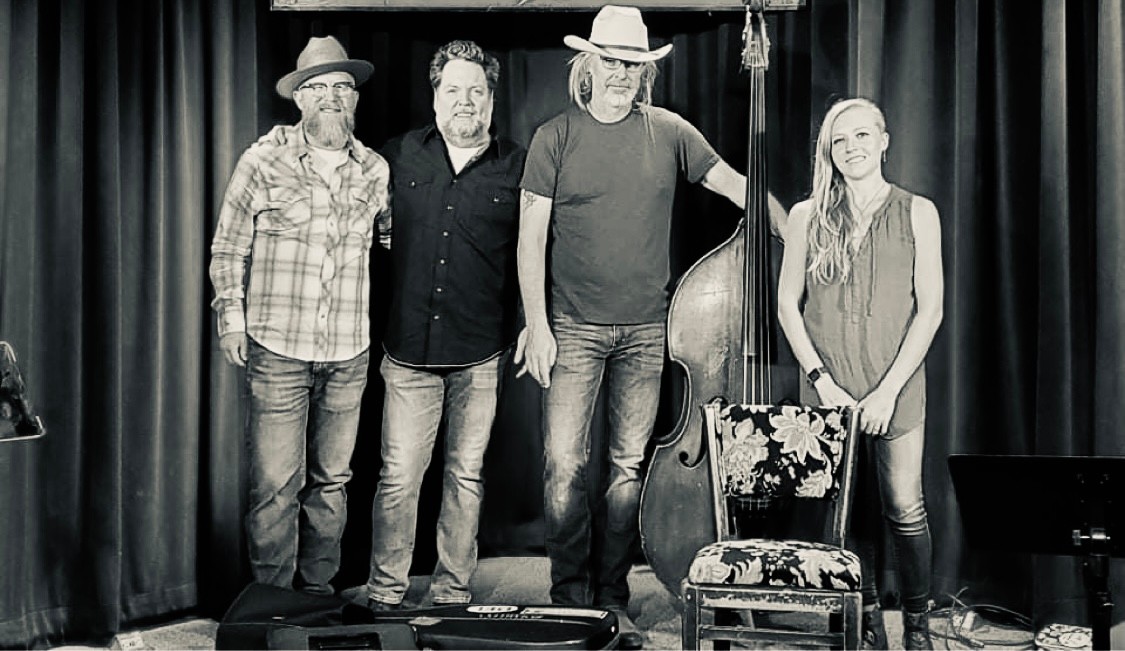
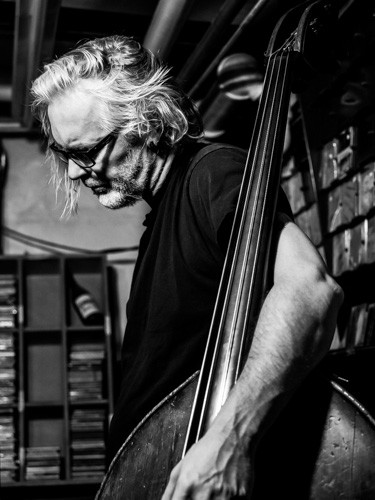
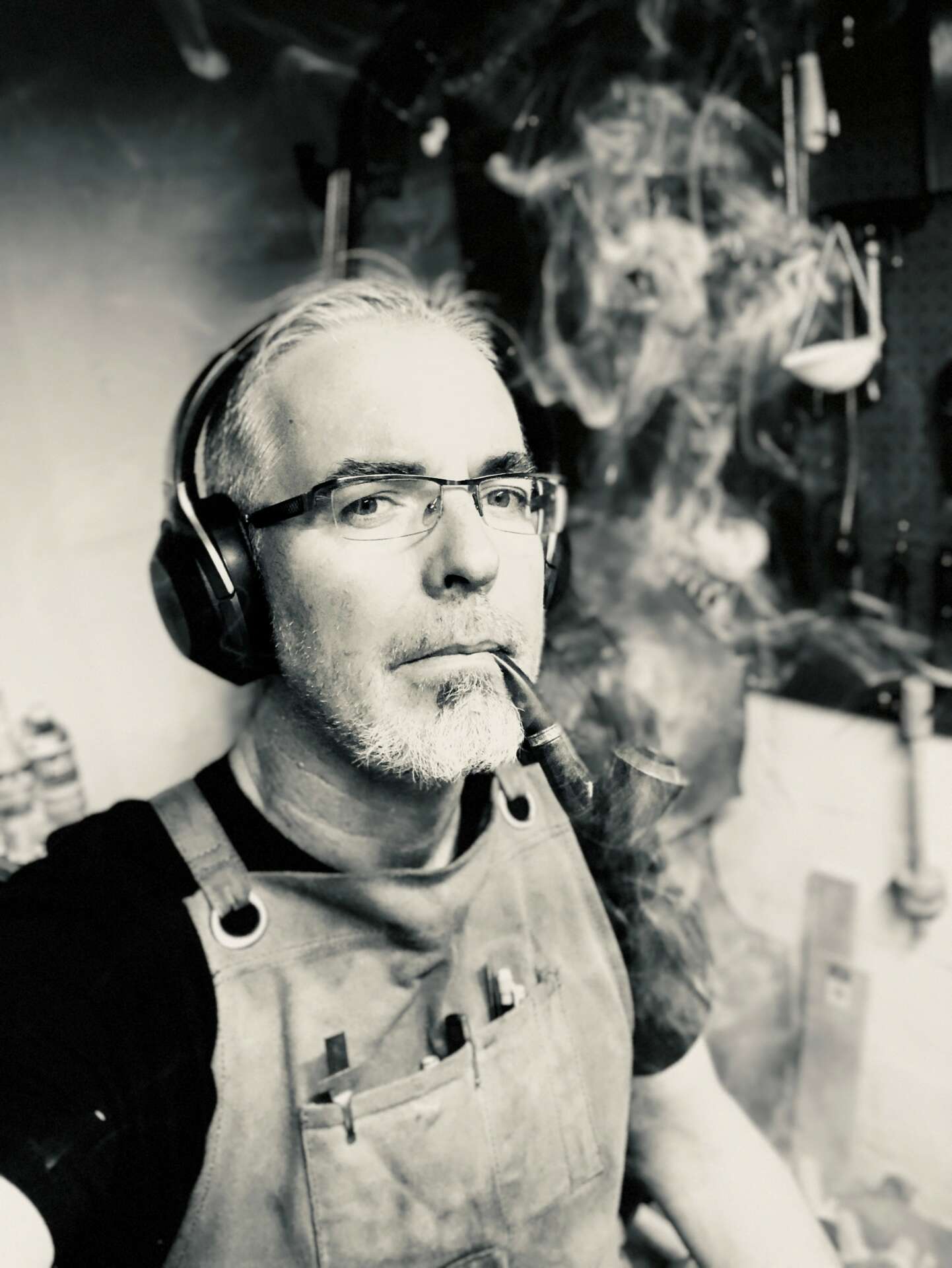
As always, we appreciate you sharing your insights and we’ve got a few more questions for you, but before we get to all of that can you take a minute to introduce yourself and give our readers some of your back background and context?
I began studying jazz in 1990. Although I hadn’t really heard jazz before that I was quickly hooked and spent the next several years working on it. My first exposure was Houston saxophonist Larry Slezak. There was something about the energy in his playing. Being a fan of “prog” metal (a very technical and challenging sub genre of traditional metal) I was also moved by his mastery of the instrument. So I set myself to the task of learning how to improvise in the jazz tradition, studying the history and all the amazing musicians that created this music. After several years of learning I began performing locally in Houston. Although it wasn’t a conscious choice, I don’t want to be an academic player that simple recites scales and phrases from historic recordings. My teachers explained to me the importance of finding my own voice. So it has been and continues to be a journey trying to play like me. So after a couple of decades of working on being a jazz musician I was drawn into the avant garde world but artist like Matthew Shipp and John Zorn. And although I had heard “free jazz” or “experimental” music, something about these musicians really spoke too me. Much like Larry had som many years before.
We’d love to hear a story of resilience from your journey.
I think was the time I got to see John Zorn live. I was on tour with the comedian Rip Taylor. We were doing a “bus n truck” with the musical “A Funny Thing Happen On the Way to The Forum”. We had a couple of nights of near NYC and I took the train in to see him. It was a club that he either owned and/or curated. There was a line around the block to see him. The place was packed. No seating. And we all stood there for hours and were ok with it. Seeing that there was people that appreciated this subgenera of jazz. When you play this style of music, it isn’t for everyone but there are folks out there. Folks like me that want to be challenged. So although I have yet to acquire this level of success or status, I have connected with many people that like what I do and on occasion have been inspired.
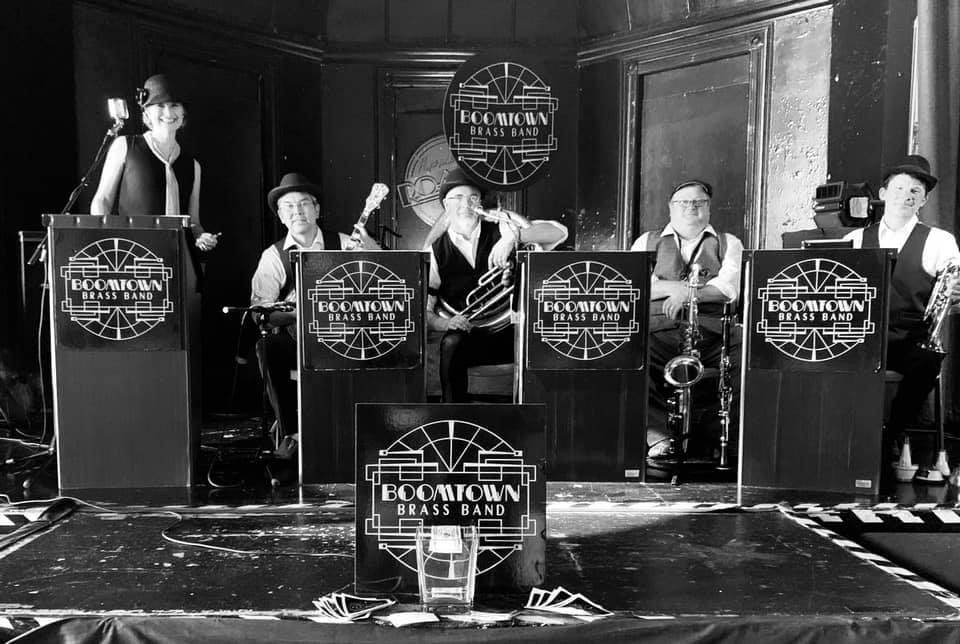
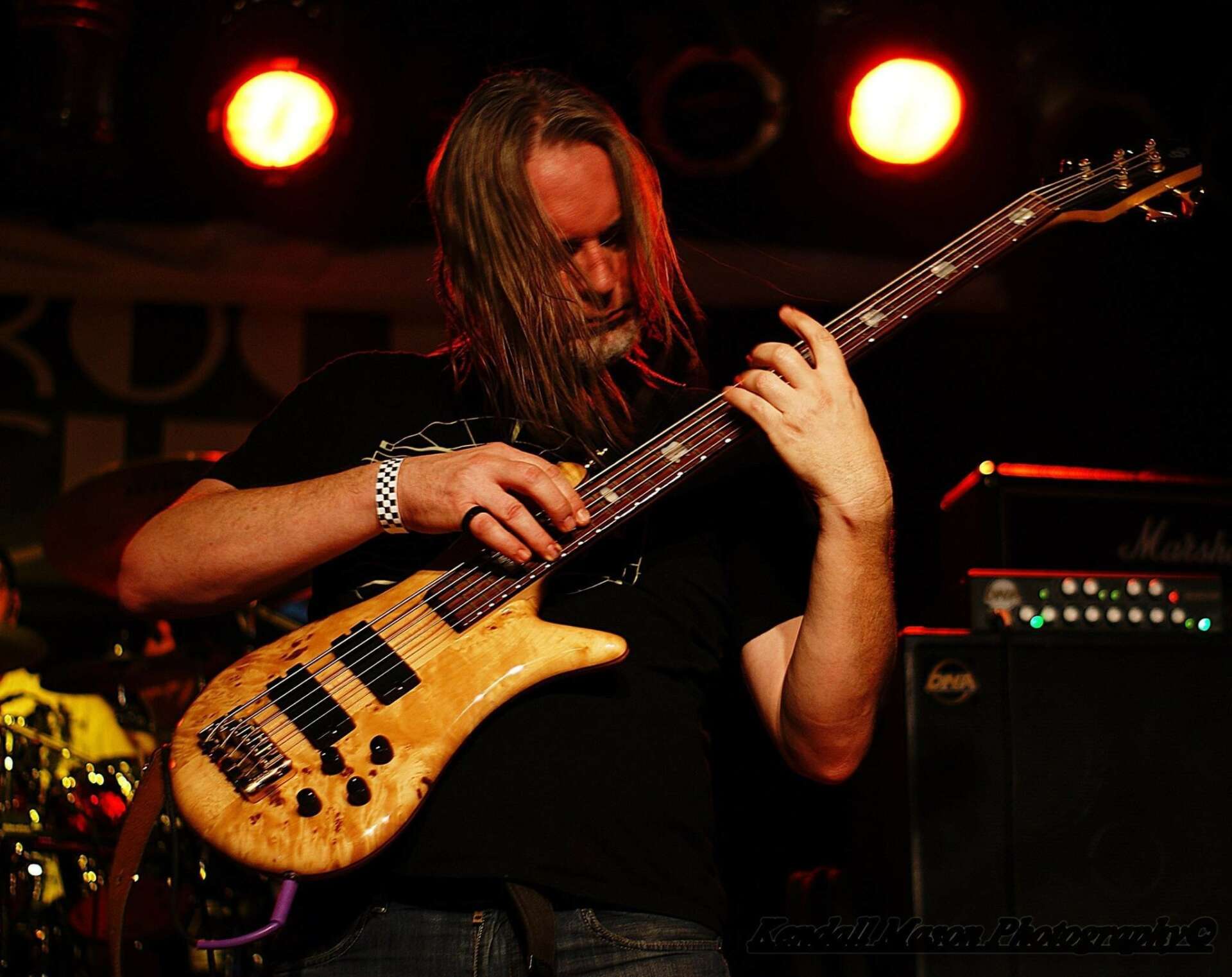
In your view, what can society to do to best support artists, creatives and a thriving creative ecosystem?
I guess for me its live music. Support live music. Although I struggle with the streaming platforms and there seemingly lack of concern for artist, I also know how hard it is to be heard and to get your work in front of people. That being said, I don’t think anything can replace the power and magic of seeing and hearing live music. Its totally different than sitting comfortably in you home listening online or to a recording. And I do like doing that. However, there Is an aspect that is missing when doing this. And I think its as simple connection. To be in the space with a performer. They are right in front of you telling their story and feeding off your energy. I feel very strongly that these moments and experiences are what move us as humans. Hearing someone sharing their journey, sadness, joy and sometimes in a foreign language. (I.E. non traditional music) It makes you feel special. It challenges you.
And a lot of times you can meet them. You can purchase their work. Maybe even get to interact a little. In this way you are not only supporting them financially, you are becoming more invested in someone’s life, their story, their struggles, their journey. I feel the connectedness of this relationship truly helps society and brings us closer.
Contact Info:
- Website: www.thomashelton.org
- Instagram: thomasheltonbass
- Facebook: /thomasheltonbass
- Youtube: https://www.youtube.com/channel/UCwmEKoCLgOT0Gcr1ipNIJ3g/videos
Image Credits
Peter Gunnershkin


